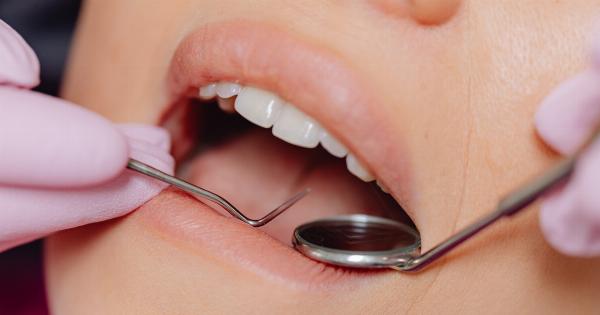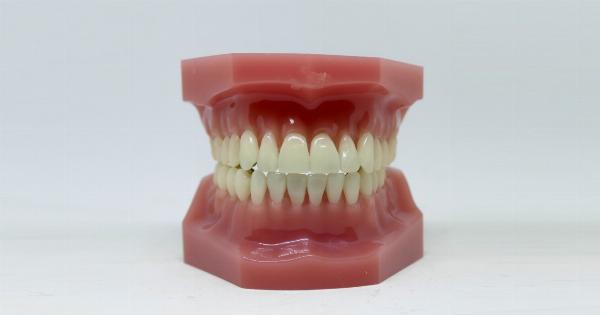Fluoride is a mineral that is commonly added to drinking water, toothpaste, and mouthwash to help prevent tooth decay. It is also used in some dental treatments to help strengthen teeth.
Fluoride has been shown to be particularly beneficial for children’s oral health, as it can help protect developing teeth from decay and strengthen permanent teeth as they come in.
What is Fluoride?
Fluoride is a naturally occurring mineral that is commonly found in water sources, such as lakes and rivers. It is also found in soil, rocks, and some foods.
Fluoride has been shown to be beneficial for oral health because it can strengthen tooth enamel, which is the hard, outer layer of the tooth that protects it from decay.
How Does Fluoride Protect Teeth?
When fluoride is ingested, it is absorbed into the bloodstream and becomes part of developing teeth. This helps to make the enamel stronger and more resistant to tooth decay.
Fluoride can also help to repair early stages of tooth decay before they become cavities.
When fluoride is applied directly to the teeth, such as in toothpaste and mouthwash or during dental treatments, it can also help to strengthen enamel and prevent decay.
Can Children Benefit from Fluoride?
Children can benefit greatly from fluoride, particularly as their teeth are developing. Fluoride can help to protect baby teeth from decay, which can lead to problems with permanent teeth. It can also help to strengthen permanent teeth as they come in.
Fluoride is often added to public water supplies to help promote oral health. This is because children who drink fluoridated water have been shown to have fewer cavities than children who do not drink fluoridated water.
How Much Fluoride Do Children Need?
The amount of fluoride that children need varies depending on their age and where they live. In general, children who live in areas with naturally occurring fluoride in the water do not need additional fluoride supplements.
Children who do not have access to fluoridated water or who are at high risk for tooth decay may benefit from fluoride supplements in the form of drops, tablets, or lozenges.
The American Dental Association recommends that children use a fluoride toothpaste as soon as their teeth start to come in, regardless of their age.
Children under the age of 3 should use a smear of toothpaste about the size of a grain of rice, while children between the ages of 3 and 6 should use a pea-sized amount of toothpaste. Parents should supervise their children’s brushing and make sure they spit out the toothpaste rather than swallowing it.
Are There Any Risks Associated with Fluoride?
While fluoride is generally considered safe, there are some risks associated with overexposure. Children who ingest too much fluoride may develop fluorosis, which is a condition that causes white or brown spots to form on the teeth.
Severe cases of fluorosis can cause the teeth to become pitted or discolored, but this is rare.
Parents should supervise their children’s use of fluoride products to make sure they do not swallow them. If a child ingests a large amount of fluoride, they should be taken to a doctor immediately.
Conclusion
In conclusion, fluoride can be very beneficial for children’s oral health. It can help to protect developing teeth from decay and strengthen permanent teeth as they come in.
However, parents should make sure their children are receiving the appropriate amount of fluoride for their age and risk level, and should supervise their use of fluoride products to prevent overexposure.






























